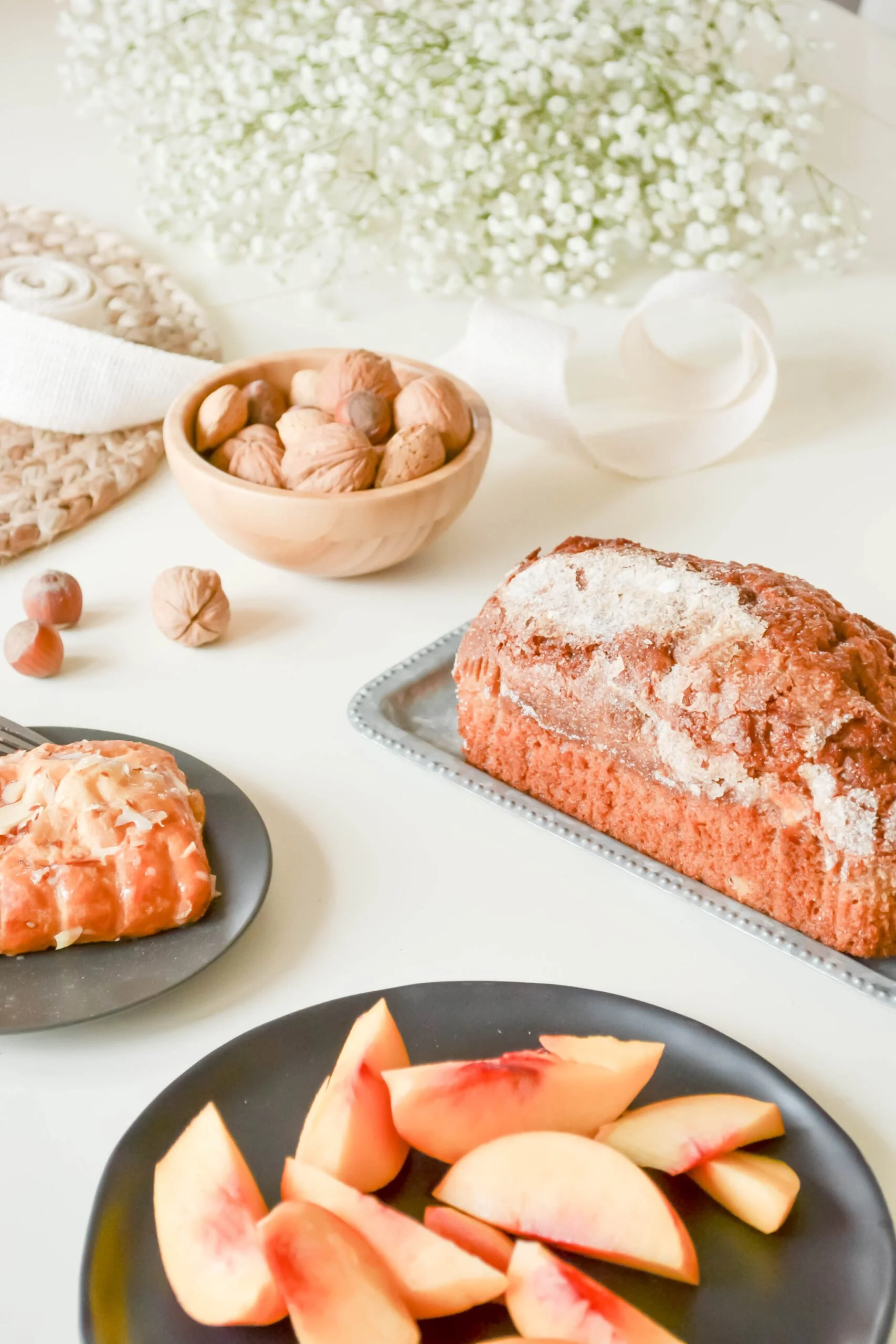Thanksgiving: a time for gathering, gratitude, and a beautifully abundant spread. But if your post-meal state has ever included a heavy eyelid or a full-out nap just hours after the turkey, you’ve likely asked: does the turkey really make you sleepy? Turns out, the answer is: not quite in the way we often think. According to the article “Does Turkey Make You Sleepy? The Truth About Thanksgiving Drowsiness,” published by Health.com and medically reviewed by Kayla Girgen, RD, turkey itself is not the prime culprit of that mid-afternoon or post-dinner drowsiness. Health
What’s going on?
Here’s a breakdown of the science:
The amino acid Tryptophan is often blamed for that turkey-induced sleepiness. Tryptophan does play a role in sleep regulation.
But the amount of tryptophan in a normal serving of turkey is tiny. To hit a dose that could impact sleep (around 5 grams) would require eating roughly 61–84 ounces of turkey breast—an unrealistic quantity in a typical meal.
More likely culprits: eating too many calories, indulging in high-fat and high-sugar dishes (gravy, mashed potatoes, stuffing), drinking alcohol, and sitting around for a long period after eating. All of these can contribute to post-meal fatigue. For example, high-fat meals boost the hormone CCK (cholecystokinin), which may increase drowsiness.
Also worth noting: skipping meals earlier in the day can make you overeat later, increasing post-meal fatigue. Staying hydrated and eating steadily throughout the day can help.
In short: the turkey isn’t the villain. The holiday feast itself—with all the rich sides, sweets, and leisurely pace—likely is.
So what’s the takeaway?
Instead of worrying about blaming the turkey or beating yourself up for feeling sleepy, the better approach is to set yourself up for a healthier Thanksgiving that lets you fully enjoy the day and feel good about it afterward. And yes — that includes a workout.
Celebrate Your Health with Movement (Not Punishment)
Many people treat a holiday like Thanksgiving as an excuse to rest entirely, or worse, as a reason to punish themselves with an intense workout afterward for “all that food.” But what if you flipped the script and saw movement as part of the celebration? After all, nourishing your body with food and moving your body to feel alive and connected are two sides of the wellness coin.
Here’s how you can frame it:
Workout with gratitude
Before the big meal, consider a short, energizing session: maybe 20–30 minutes of strength movements, Pilates, or a brisk walk with family. By doing so, you’re showing up for your body—not as a penalty for eating—but as a celebration of what your body can do. You’re setting the tone for the day: “I value my health, I’ll move and eat mindfully, and I’ll enjoy it all.”Keep it communal
Invite family or friends to join you. A light group walk, body-weight circuit, or playful movement (think: family yoga or a mini-bootcamp before dinner) becomes part of the tradition. It reinforces connection, gratitude for what your body allows you to do, and builds memories beyond the dinner table.Mind the meal itself
Enjoy all the flavors and traditions—but try to stay mindful. Eat slowly, chew thoroughly, hydrate well. According to the article, this helps your body regulate how it metabolizes food and avoids the crash that comes from overeating or too-much sugar.
Choose one extra side that’s veggie-rich or lighter to help balance the richer ones.Post-meal movement is key
The article recommends a walk after your meal as one of the best ways to boost energy and avoid that sluggish feeling.
This doesn’t mean a punishment-style session—it means choosing to stretch your legs, take a conscious breath, move your body just enough to aid digestion and keep your energy flowing. Then you can still settle in for a comfortable rest or games and connection with family.Celebrate without guilt
If you do feel the urge to nap, that’s okay—your body may simply be processing the meal. But give yourself grace. The key is the mindset: the meal, the movement, the rest are all part of the same celebration of health. Instead of thinking “I worked out because I overate,” think “I moved because I’m grateful for this body, the food, the people around me.”
Here’s to a joyful, energized, connected Thanksgiving—one that feeds your body, your soul, and your community. 🦃💪


